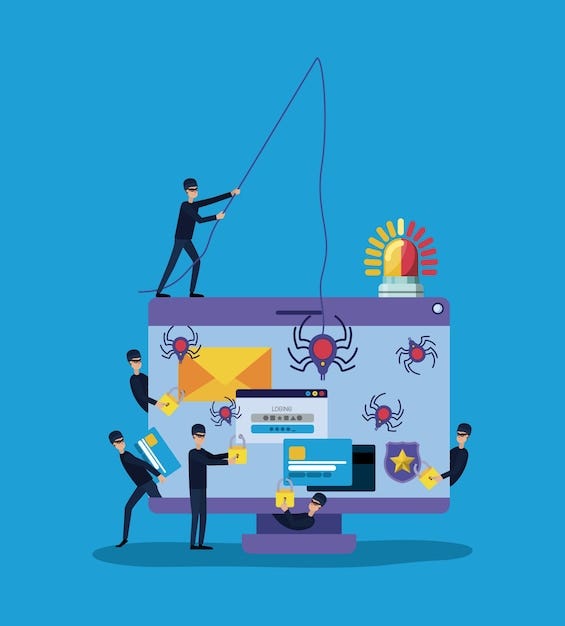Introduction
In the fast-paced and ever-changing world of marketing, staying ahead of the competition requires innovation and adaptation to the latest technologies. One such groundbreaking technology that is shaping the future of marketing is Artificial Intelligence (AI). As AI continues to evolve and make strides in various industries, its impact on marketing cannot be ignored. In this blog, we will explore how AI in marketing is revolutionizing the future and how web scraping and crawling play a pivotal role in this transformation.
AI in Marketing
Artificial Intelligence is a branch of computer science that empowers machines to simulate human intelligence and decision-making capabilities. In marketing, AI is harnessed to analyze data, identify patterns, and make informed predictions, enabling marketers to deliver personalized and targeted experiences to customers. AI-driven marketing solutions leverage vast amounts of data and use algorithms to optimize campaigns, automate tasks, and enhance overall marketing efficiency.

How AI can Change the Future
Personalization at Scale
One of the most significant impacts of AI in marketing is its ability to deliver personalized experiences at scale. Through data analysis and machine learning algorithms, AI can segment audiences based on their preferences, behaviors, and demographics. By understanding individual customer needs, marketers can deliver tailor-made content, product recommendations, and offers, significantly increasing the chances of conversion and customer loyalty.
Predictive Analytics and Lead Scoring
AI-powered predictive analytics has revolutionized how marketers identify potential leads and allocate resources efficiently. By analyzing historical data and user behavior, AI can predict the likelihood of a lead becoming a customer. This enables marketers to focus on high-potential leads, increasing the efficiency of lead nurturing and conversion rates. Additionally, AI-driven lead scoring helps marketers prioritize leads based on their readiness to make a purchase, streamlining the sales process and maximizing revenue.
Optimizing Customer Journey
The customer journey is a complex process involving multiple touchpoints and interactions. AI in marketing helps streamline and optimize this journey by analyzing customer behavior and preferences across various channels. By understanding where customers are in their journey, marketers can deliver relevant content, offers, and assistance, leading to a seamless and satisfying experience for the customer.
Automating Marketing Tasks
AI-powered marketing automation is a game-changer for marketers. It enables the automation of repetitive and time-consuming tasks such as email marketing, social media posting, and ad campaigns. By automating these processes, marketers can focus on more strategic activities, such as creating compelling content and devising innovative campaigns.
Content Creation and Curation
AI has started to show promise in content creation and curation. AI-driven tools can analyze vast amounts of data and generate engaging content, such as product descriptions, blog posts, and social media updates. While AI-generated content is still in its early stages, it has the potential to support marketers in generating content ideas and improving productivity.
Sentiment Analysis and Reputation Management
Understanding customer sentiment is crucial for managing a brand's reputation effectively. AI-driven sentiment analysis tools can process customer feedback, reviews, and social media mentions to gauge the overall sentiment towards a brand or product. Marketers can use this data to address customer concerns, identify areas for improvement, and maintain a positive brand image.

AI and Web Scraping/Crawling
Web scraping and crawling are essential techniques that complement AI in marketing. Web scraping involves extracting valuable data from websites, while web crawling refers to the process of navigating through websites to gather information. Both these techniques provide marketers with valuable data that can be analyzed by AI algorithms to gain insights, inform decision-making, and optimize marketing strategies.
Competitive Analysis
Web scraping and crawling allow marketers to monitor competitors' websites, pricing strategies, and promotions. By collecting data on competitors' activities, marketers can identify gaps in the market, understand industry trends, and refine their own marketing approach to stay ahead of the competition.
Keyword Research and SEO Optimization
Web scraping and crawling can be utilized to gather data on keywords and search trends. This information is invaluable for SEO optimization, as marketers can identify high-impact keywords, understand user search behavior, and optimize website content to improve search engine rankings.
Market Research and Customer Insights
Web scraping and crawling enable marketers to collect data from LinkedIn and various sources, such as forums, review sites, and social media platforms, to understand customer preferences, pain points, and expectations better. This data-driven approach helps in developing products and services that align with customer needs, ultimately leading to increased customer satisfaction and loyalty.
Conclusion
As AI continues to advance, its integration into marketing processes is transforming the future of the industry. From delivering personalized experiences to automating marketing tasks and optimizing customer journeys, AI is revolutionizing how marketers engage with their audience. When combined with web scraping and crawling, AI becomes even more potent, providing marketers with valuable data-driven insights that inform their strategies and drive success. Embracing AI in marketing and harnessing the power of web scraping and crawling is no longer an option but a necessity for businesses looking to thrive in the digital landscape of the future.






